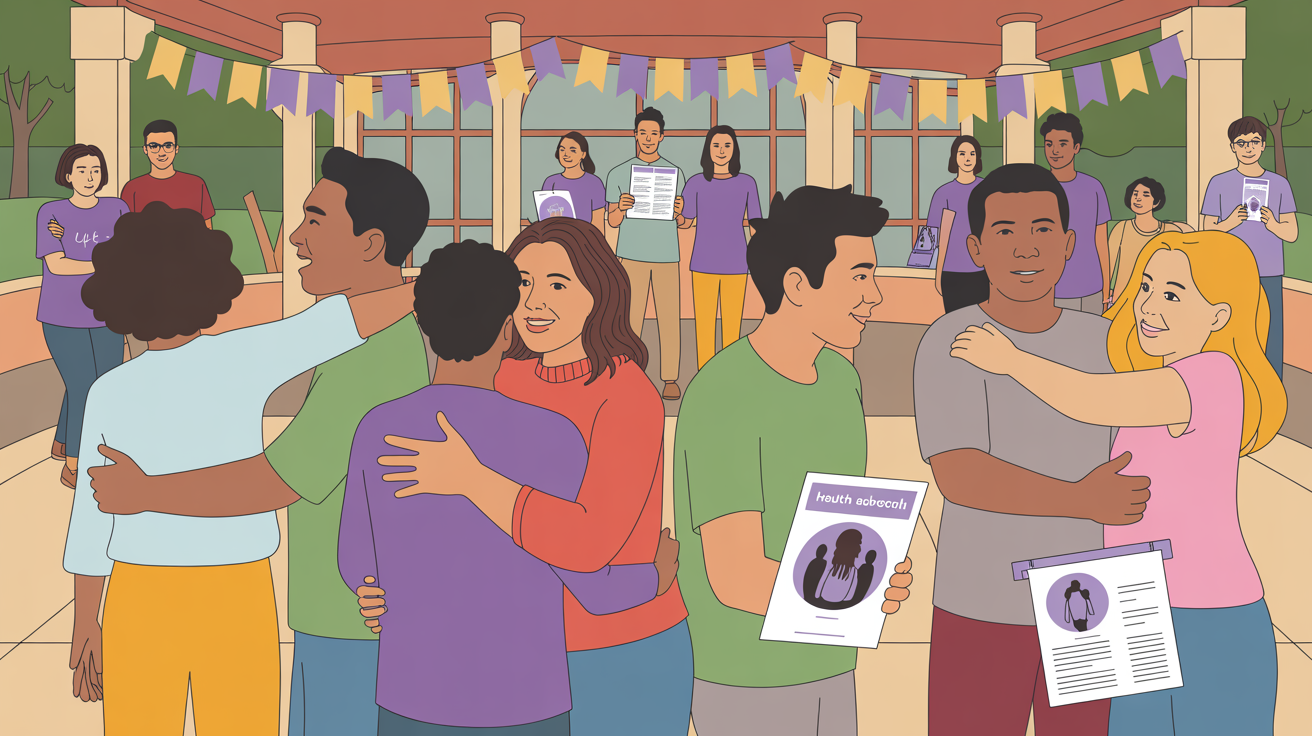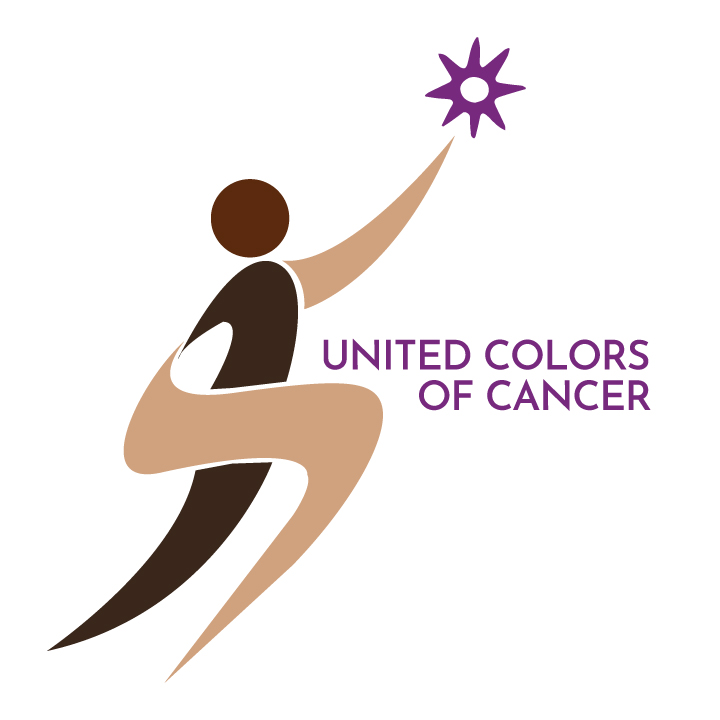
Your Voice Matters in Creating Health Equity
This groundbreaking survey goes beyond clinical outcomes to examine the complete picture of cancer experiences in BIPOC communities

Holistic Focus
Examining psychological, socio-cultural, and economic dimensions of cancer experiences

Breaking Barriers
Identifying and addressing systemic barriers to quality cancer care and support

Community Resilience
Highlighting the strength and resilience within BIPOC communities facing cancer
What We're Exploring
This comprehensive survey covers critical areas that impact BIPOC cancer experiences
Barriers to Care
Access challenges and systemic obstacles
Cultural Factors
Stigmas and cultural considerations
Financial Impact
Economic strain and employment effects
Mental Health
Psychological support and wellness
Creating Lasting Change
Your responses will contribute to the inaugural State of BIPOC Cancer Report, providing actionable insights for health equity programs and policy changes.
